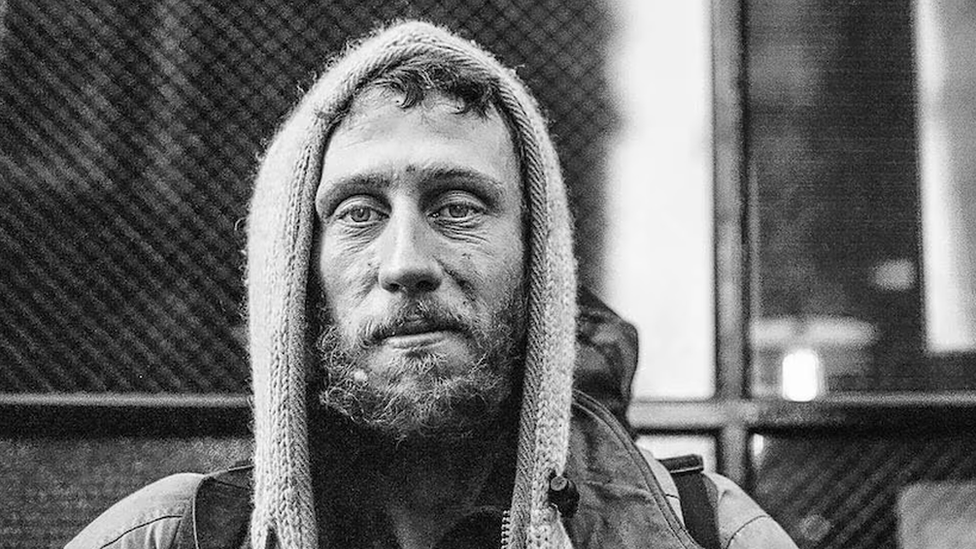'Being homeless doesn't stop you doing anything'
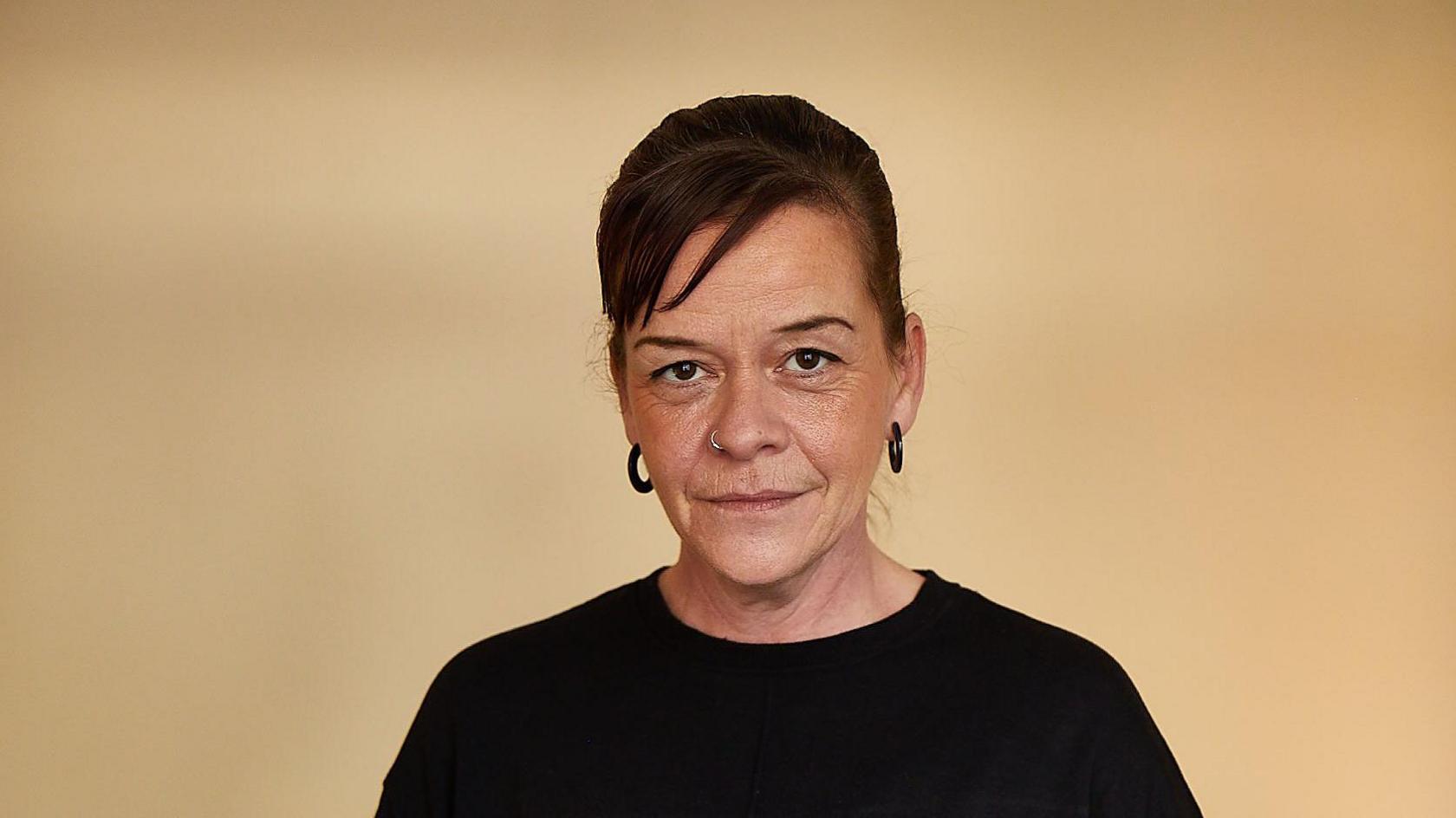
Amanda Wall and her two children were evicted in June 2022
- Published
When Amanda Wall and her two children were evicted from their home, the council said she would have to spend one week in temporary accommodation.
But the gruelling weeks rolled by, and instead of finding her a permanent home, they were moved between 11 different hotels in seven weeks.
Her children had "meltdowns" and her "dignity fell through the floor" as she also had to cope with people's negative perceptions.
"There's so many reasons that you could be made homeless, but automatically, people will think the worst of you.
"The stigma is the biggest problem. Being homeless doesn't stop you doing anything," she said.
When this happened during the summer of 2022, the council apologised for her "poor experience", acknowledging that things went wrong. They added that "it won't happen again".
But the 52-year-old has now used the "frustrating and demoralising" experience to create an inspiring new project to help other homeless people.
'Horrific conditions'
While living in the hotels, Ms Wall and her children encountered issues with noise and disruption from other guests.
They were also housed far away from the children's school, adding a "ridiculous" expense and long bus journey to their daily routines.
“There was nothing personal about how [Bristol City Council] were dealing with things because of the pressure they’re under.
"I understand, but that had a massive effect on the kids," she said.
A Bristol City Council spokesperson said the city remain "in the grip of a housing crisis" and a growing demand for housing along with rising costs is pushing households towards homelessness.
The spokesperson said: "This is putting greater pressure on the availability of temporary accommodation in the city, which itself is increasingly costly to provide.
"These pressures mean the council has often had to rely on hotel and spot purchased accommodation to support households in need.
"These approaches can sometimes lead to unstable placements and high costs – two outcomes that do not benefit households nor the authority."
Prior to her eviction, Ms Wall, was living in "terrible" accommodation with rats, mould and a carbon monoxide leak.
The “horrific” conditions caused her and her children to frequently fall ill, and has left a long-term mental impact on them all.
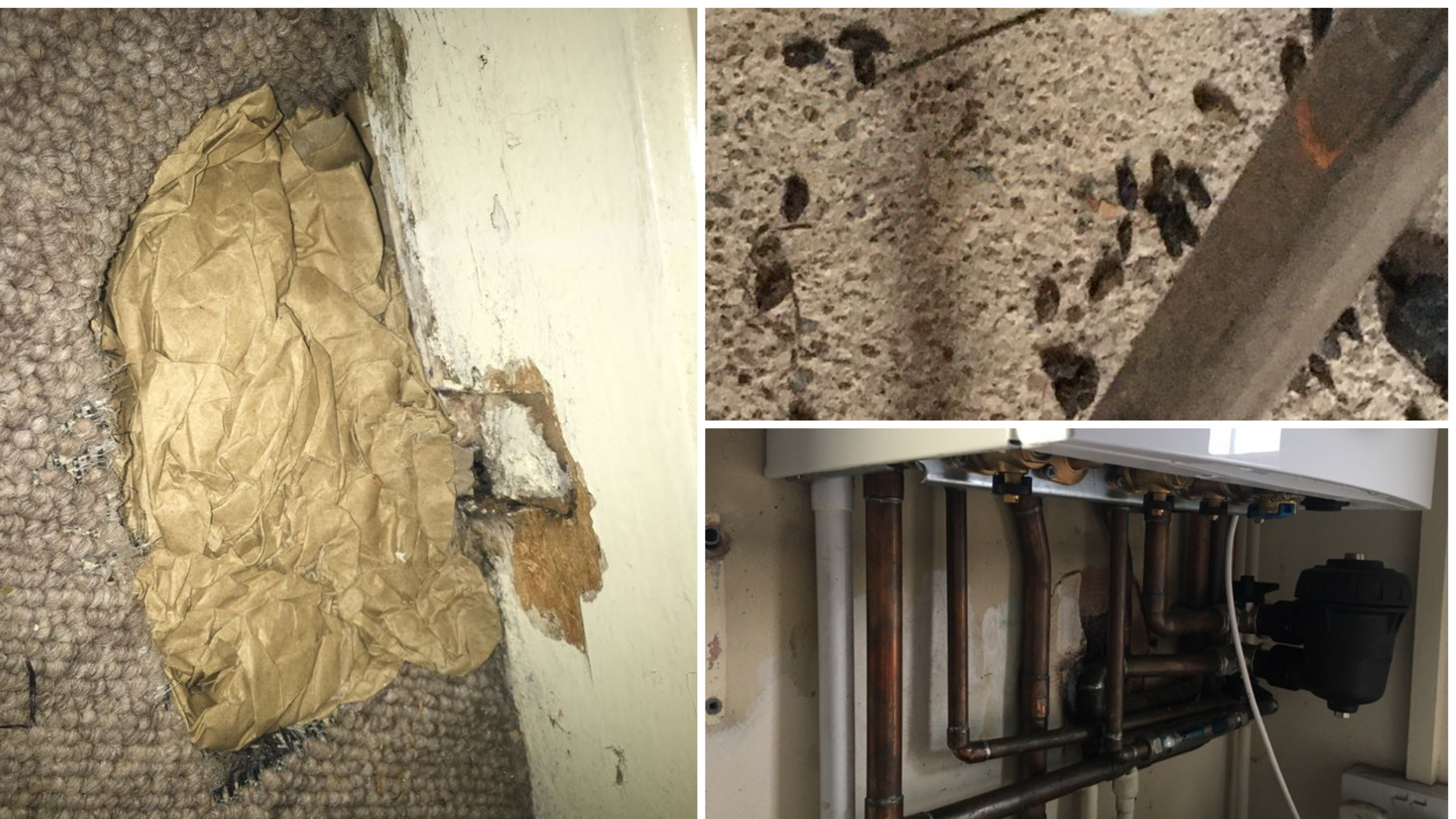
Ms Wall their "horrific" old house had issues with rats and the boiler
Ms Wall added the council did "what was basically needed", but said there was not much consideration around her lack of income and the impact on the children's lives.
“I look back and think how did we get through that?” she said.
She was working as a singer and performer and offering music classes to children, but when the pandemic began, her career came to a halt.
Whilst living between hotels, Ms Wall turned to her passion and wrote a song “to try and survive the whole thing”.
"It was almost therapy," she said.
Back then, she had no intention to share her creation outside those four walls.
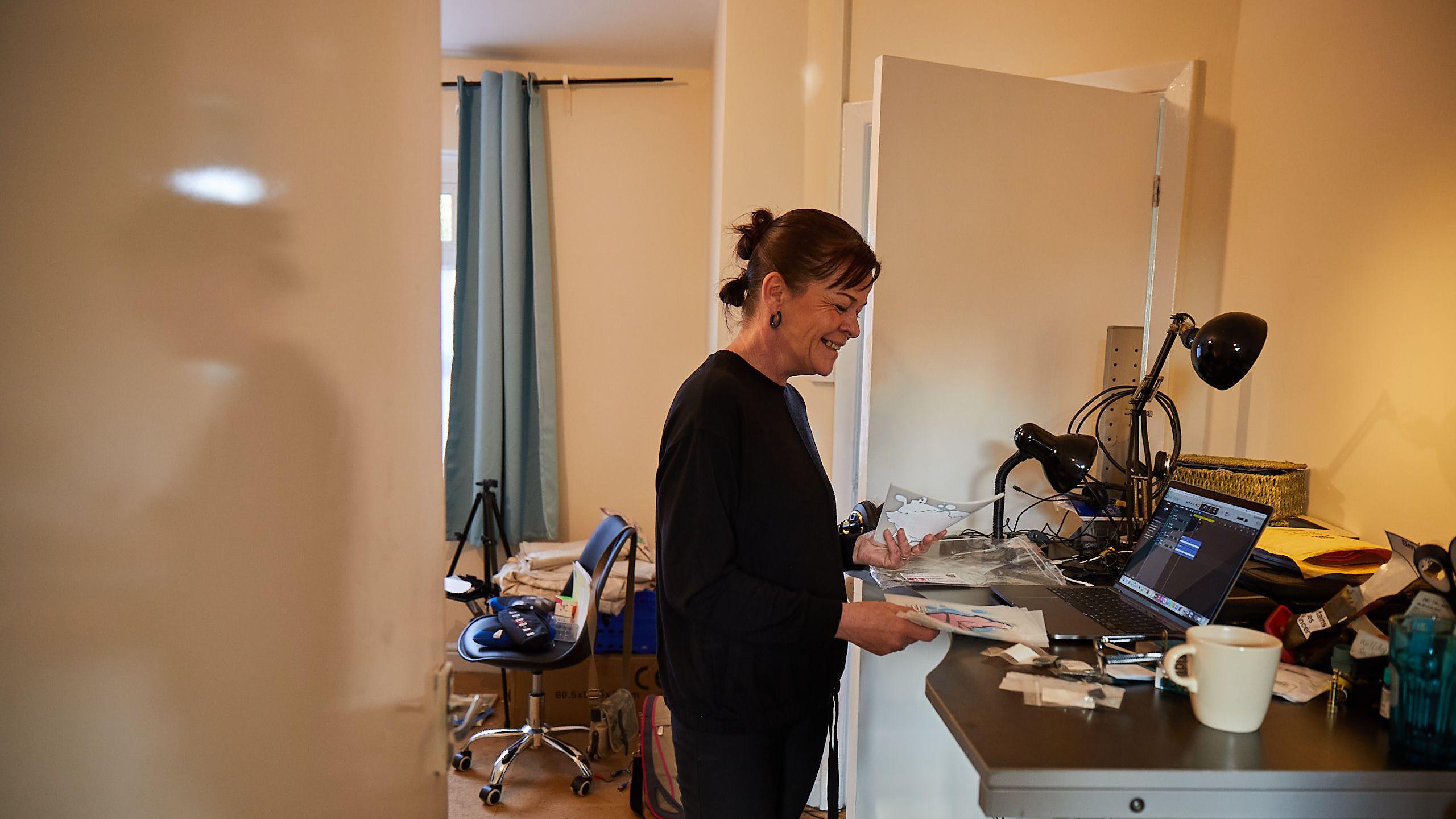
Music is Ms Wall's passion
During that time, she also returned to education to "keep sane" and enrolled on an MA degree at dBs Institute, a higher education provider for people wanting to study courses in music production, game design and development.
She said dBs helped her "get back on track".
"I will be forever grateful for that," she added.
Building a community
When she began studying in the city, a tutor taught her about artists who have used their personal pain and negative experiences to promote change and evoke feeling.
“I knew that I wanted to do a project to show people how it feels when you are homeless and what hope there could be for the future,” she said.
The lesson inspired her to create FEAR - For Families Emergency Accommodation Rehabilitation - to "make people think" about the issue of homelessness.
The multimedia project is made up of soundscapes of verbatim speech, music, atmospheric sound and projections of different experiences from Ms Wall and others who are facing, or have faced homelessness.
"It's grown from a little chord structure made up in a hotel room to a huge project," she said.
"We built a community with the people that we were homeless with in order for us all to get through the situations we were in.
“FEAR is about community, unity, sticking together, having a voice and acceptance.
“It wouldn’t be as good as it is without everybody’s involvement,” Ms Wall said.
She added that it is “very real” and “quite hard” to listen to.
“I’ve cried my heart out on a couple of occasions.
“I listen to bits of it and think I remember that and I think of the people going through this right now. It’s so avoidable," she said.
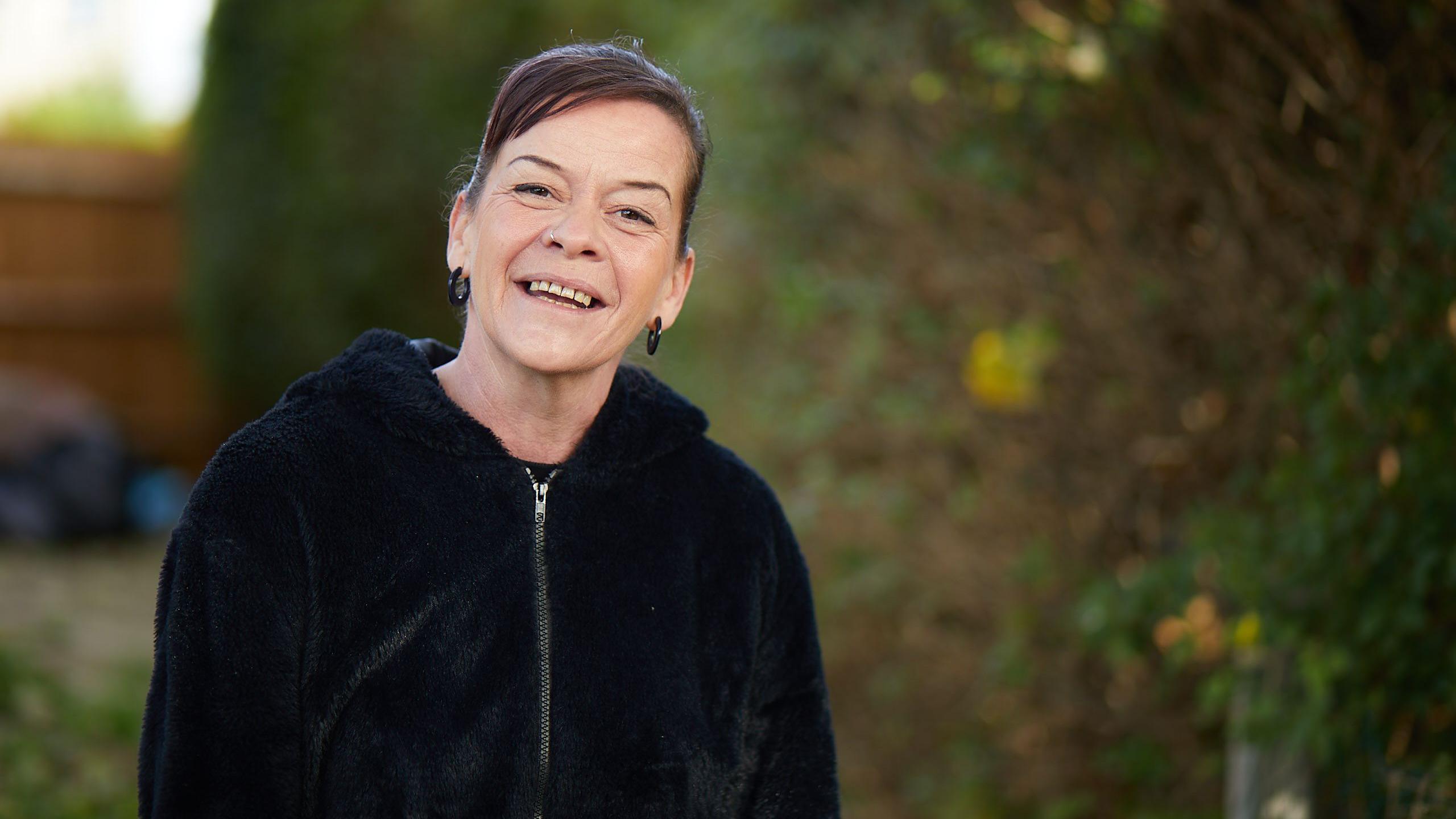
The stigma around homelessness is "the biggest problem", Ms Wall said
Over the past two years, Ms Wall has rebuilt her life and now lives in Southmead.
She finished her degree this summer and marked its completion with an exhibition of FEAR at the university.
Now, Ms Wall is focusing her efforts on taking the project out to a wider audience, in a bid to increase pressure on those with the power to bring change and to raise awareness of the issue.
"I want to keep the conversation going and I want to make a difference.
"I want people to walk away thinking 'was that real?'.
"I want shock factor. I want people to feel that weight," Ms Wall said.
Breaking the stigma
She plans to take the project around Bristol before expanding elsewhere, with ticket revenue being donated to the homeless charity, Shelter.
Ms Wall credited the organisation for doing "so much" for her when she needed help.
To give back, she spent last year supporting Shelter's "This Is Not A Home" campaign, which called on the previous Conservative government to unfreeze housing benefits and to build safer, more secure social housing.
In February 2023, she and charity representatives travelled to Downing Street to present the campaign, which amassed over 9,000 signatures.
“The whole system is completely screwed," she said.
“It goes right across the nation and it’s ruthless."
'Housing crisis'
A Bristol City Council spokesperson added: “Tackling homeless is one of the highest priorities for the council.
"This a major challenge and will require a number of different solutions.
"We remain committed to trying to deliver the solutions that are within the scope of the council to deliver, including a reduction in the use of temporary accommodation.”
Get in touch
Tell us which stories we should cover in Bristol
Follow BBC Bristol on Facebook, external, X, external and Instagram, external. Send your story ideas to us on email or via WhatsApp on 0800 313 4630.
Related topics
- Published21 July 2022
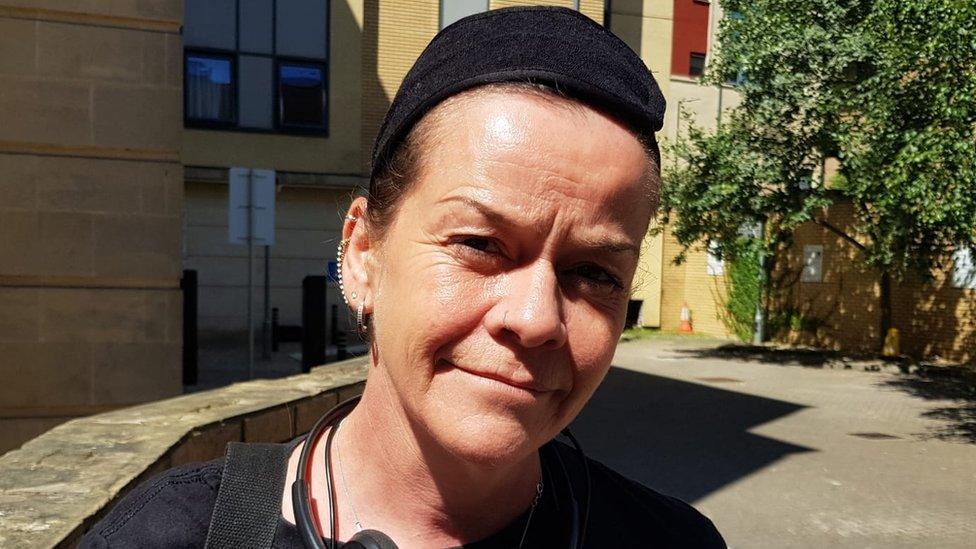
- Published21 July 2024
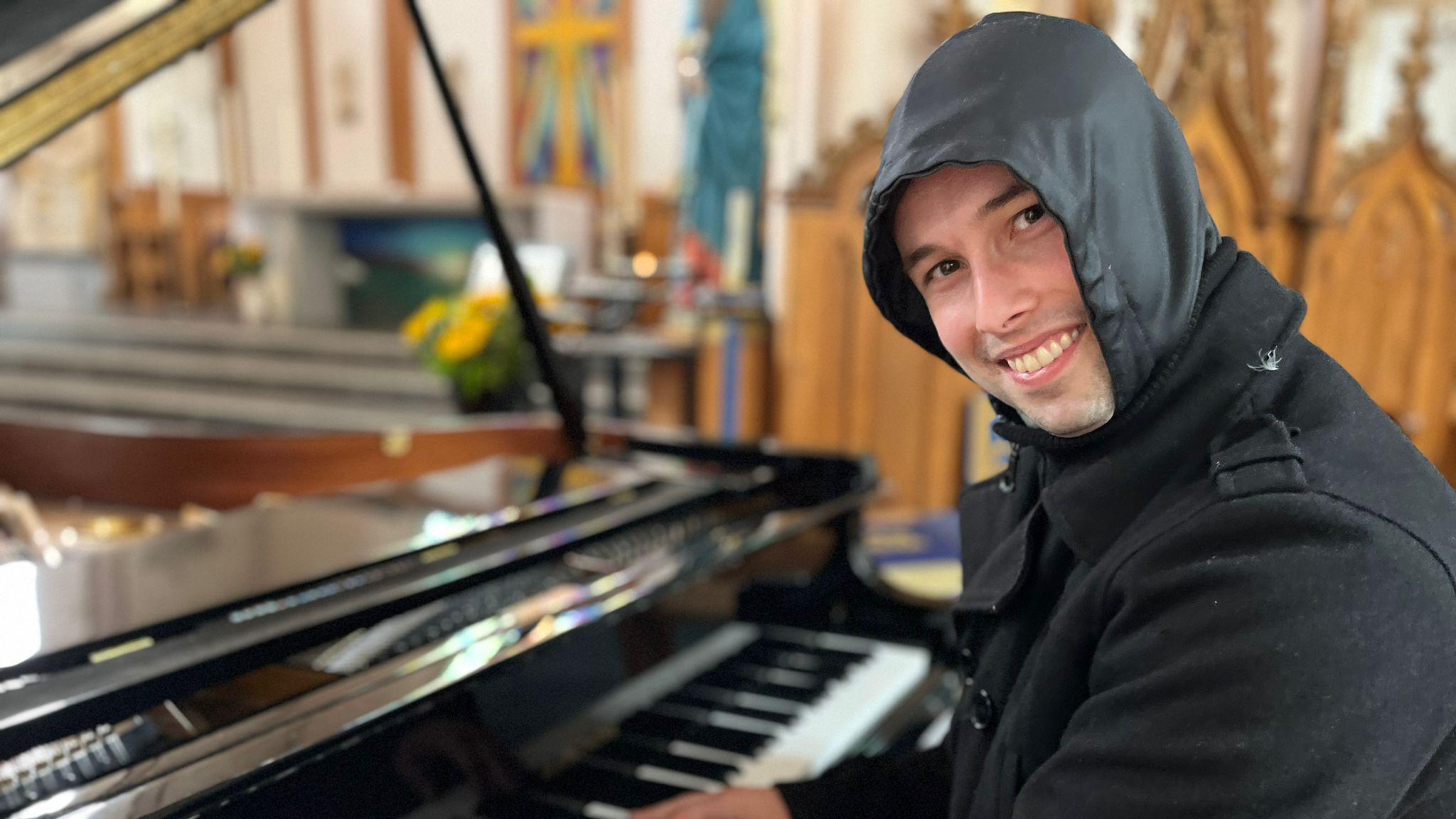
- Published5 May 2024
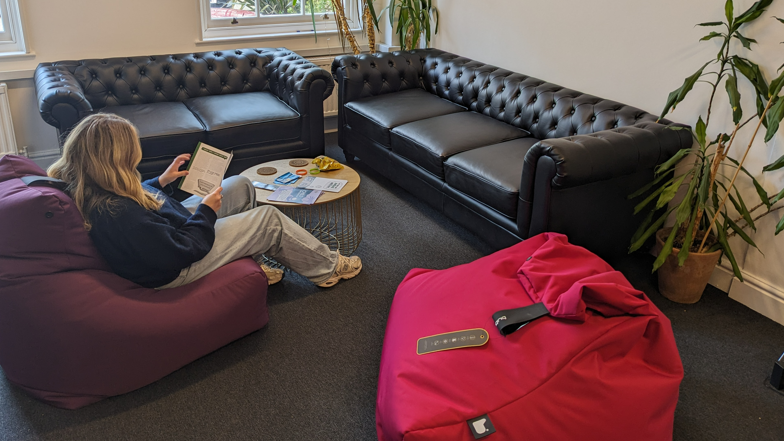
- Published2 April 2024
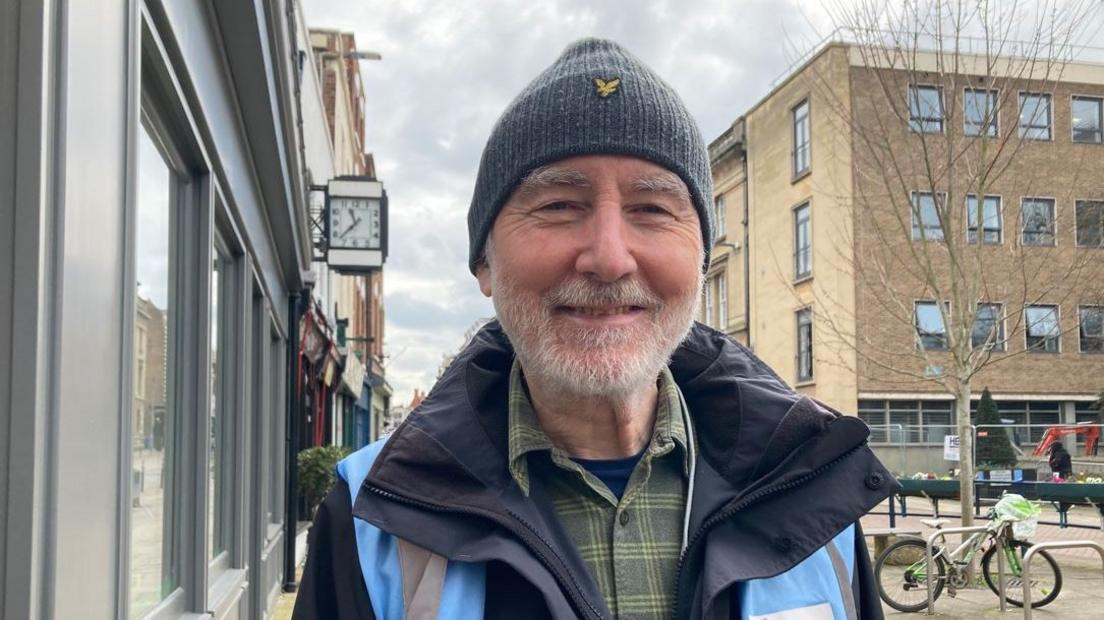
- Published23 March 2024
